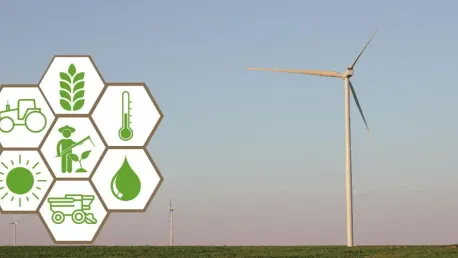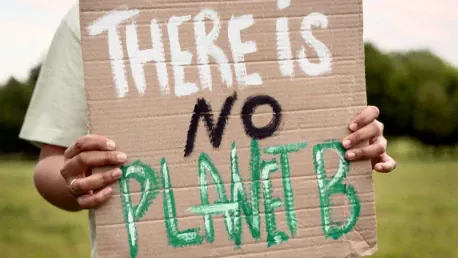
Imagine a world where our energy needs are met without depleting finite resources or accelerating climate change. Bioenergy, a form of renewable energy derived from organic materials, offers a promising answer to this demand. By tapping into natural processes, bioenergy can help reduce carbon

The UK has made significant strides in reducing carbon dioxide (CO2) emissions from electricity generation in 2024, driven largely by the phase-out of coal and a substantial increase in renewable energy sources. The latest Carbon Brief analysis highlights the remarkable improvements in the

The European Union is making strides toward achieving climate neutrality by 2050 by focusing on innovative industrial carbon management. Recognizing that carbon capture and storage (CCS), carbon capture and utilization (CCU), and CO2 removal from the atmosphere are essential in their journey, the

Artificial intelligence has become a cornerstone of modern technology, driving innovations across various sectors such as customer service, logistics, and management consulting. Despite its expansive benefits, the rapid adoption of AI has brought to light its significant environmental footprint,

The European Union (EU) is making significant strides in industrial carbon management as part of its broader decarbonization efforts. These initiatives are crucial for reducing carbon emissions and achieving the ambitious climate targets set for 2030 and beyond. The focus is on three primary

Carbmee, an enterprise carbon management company based in Berlin, Germany, has successfully concluded a €20 million Series A funding round, illustrating strong investor confidence in the firm's innovative mission to optimize carbon management using artificial intelligence. Founded in 2021 by C